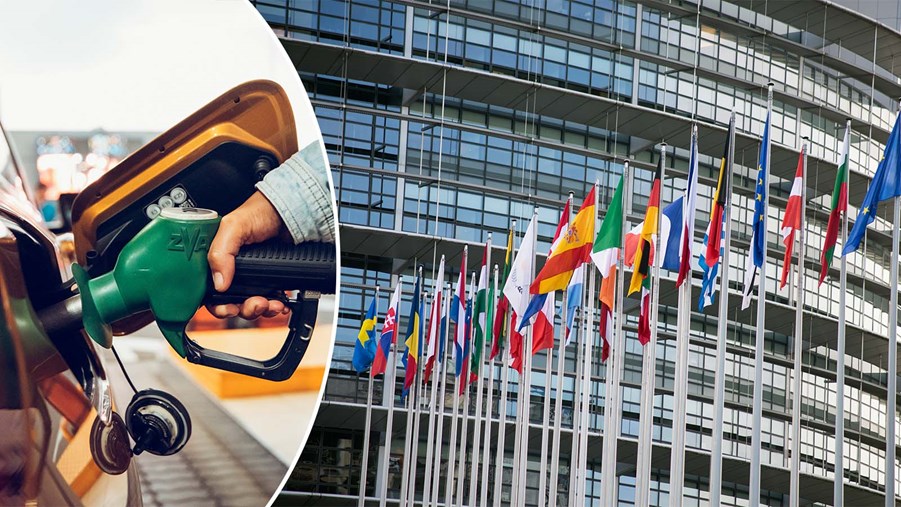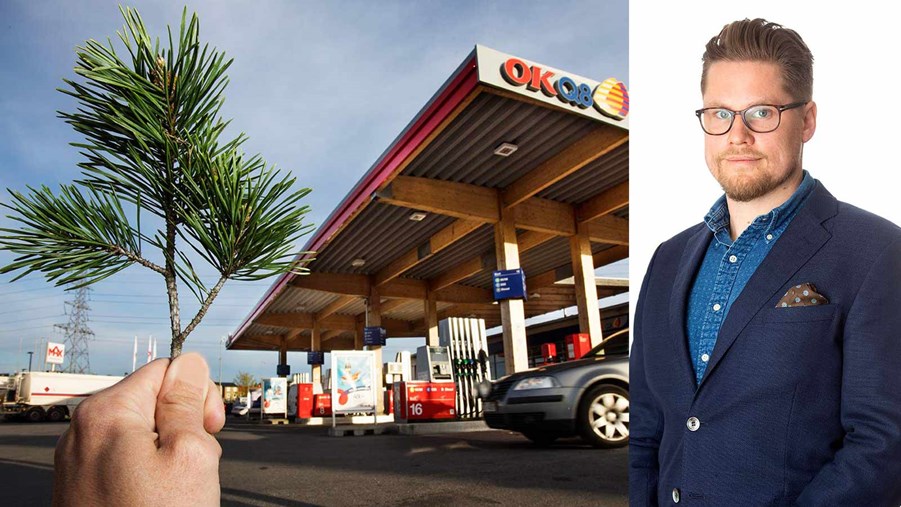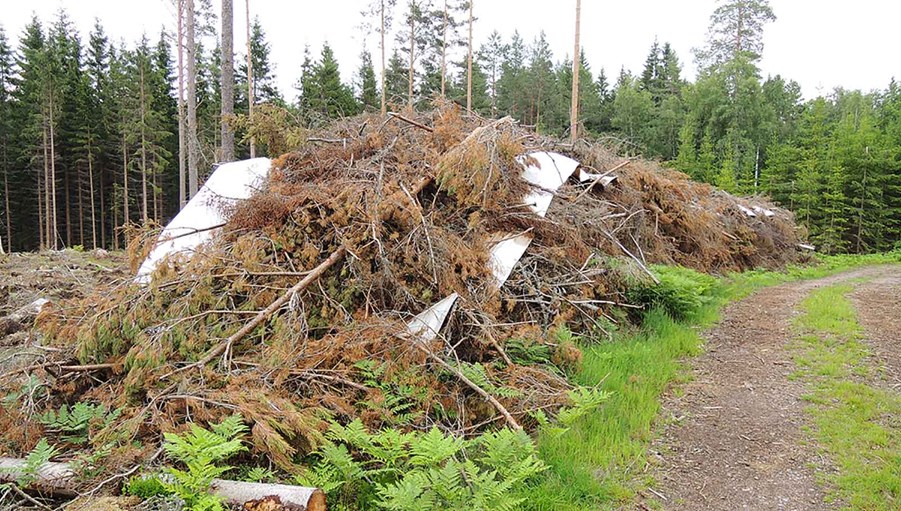
In response to the energy crises caused by Russia’s invasion of Ukraine, the European Commission has presented the REPowerEU Plan. It aims to reduce the EU’s dependence on Russian fossil fuels and to bring the EU closer to climate neutrality. This is to be done through energy savings, diversification of energy supplies, and an accelerated roll-out of renewable energy.
– We urge the Commission to reconsider the importance of sustainable bioenergy systems as an important climate solution. In the near term, bioenergy offers urgent solutions in transport fuels and reliable heat and power production. This should not be hindered by detailed and restrictive bioenergy rules in the Renewable Energy Directive. These restrictions are hampering the fulfilment of 2030 climate goals as well as those set in the REPowerEU, says Mårten Larsson, Head of Bioenergy Policy at Swedish Forest Industries.
Accelerating the roleout of renewables – but not bioenergy
The Commission wants to scale up and speed up renewable energy in power generation, industry, buildings and transport. It proposes to increase the 2030 target for renewables from 40 percent to 45 percent under the Fit for 55 package.
– Increased ambitions in hydrogen, solar, heat pumps and energy efficiency are welcome and necessary, but a broader range of solutions is needed. All renewable energy sources play an important role and complement each other. An addition of solar power will likely not alone cover the large electricity demand arising from hydrogen production and heat pumps – two components which the Commission highlights as central. We need to analyze the impact of the Commission’s proposals on the whole energy system, before pledging massive investments in specific types of renewable energy, says Johan Bruce, Energy Director at Swedish Forest Industries.
By replacing fossil fuels in industrial processes, the Commission hopes to reduce carbon emissions as well as strengthen industrial competitiveness. Energy savings and hydrogen are emphasized as crucial.
– In many industries, energy savings are necessary for competitiveness and not an untapped potential. Hydrogen is one solution, but not for the whole industry and not in the near term. Bioenergy, for which there is a large sustainable production potential, could fill many of the gaps in the strategy, such as large-scale reliable heating and decarbonization of the transport sector. Yet bioenergy is mentioned briefly and without any actions, concludes Mårten Larsson.






